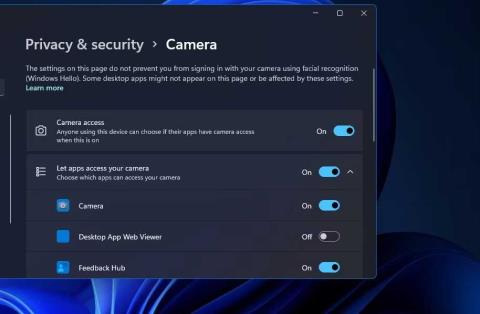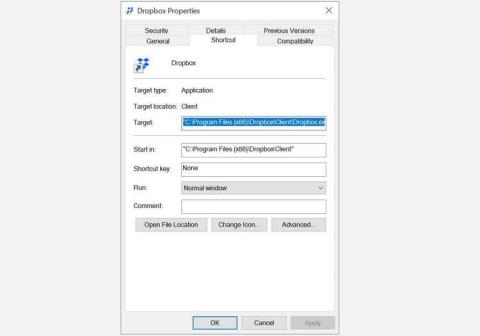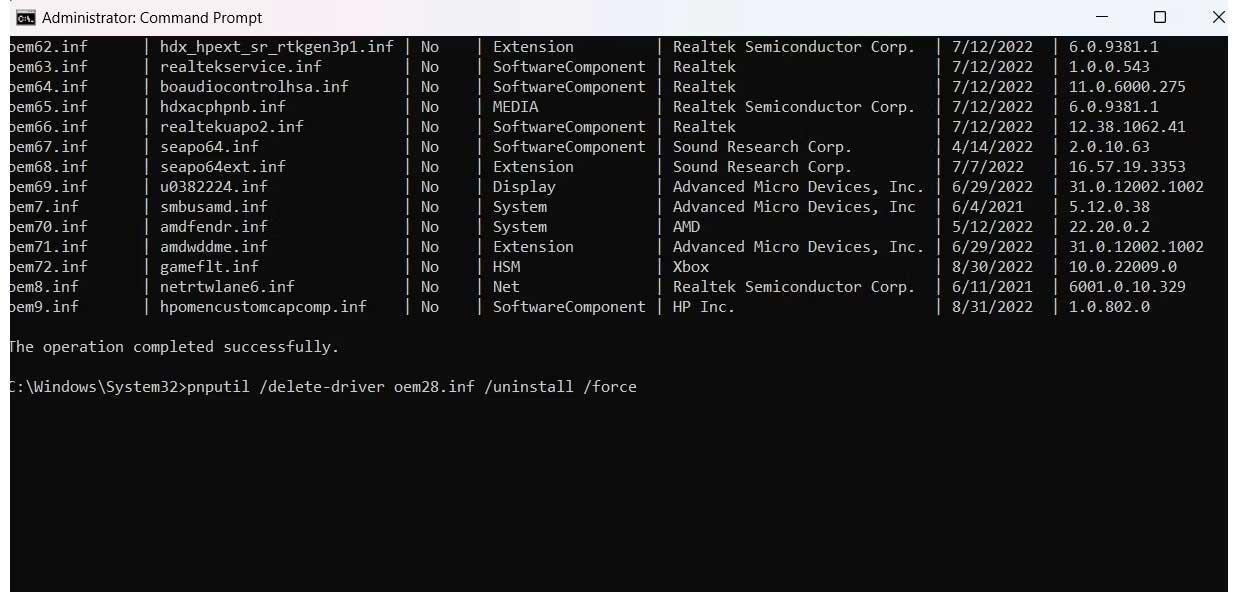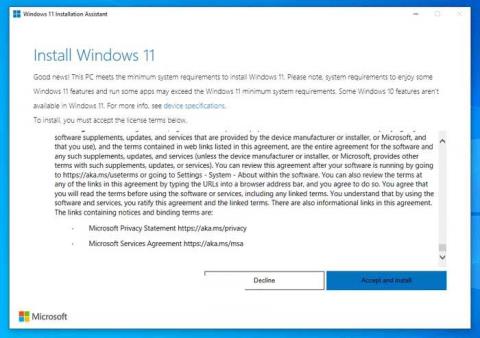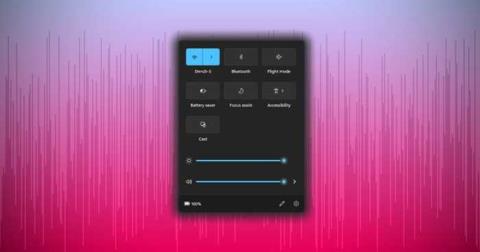Ways to find all video files on Windows

Ways to find all video files on Windows, Can't find recorded and saved videos on PC. Below are ways to help you find all clips on Windows.
Adding columns in any spreadsheet program is a fundamental skill that enables you to work more effectively with the application. Google Sheets is no exception; if you’re going to do any significant work in Google Sheets you need to understand how to perform this task. Along with splitting columns and adding rows and cells, learning to add columns in Google Sheets is a core skill that makes creating useful spreadsheets much easier.
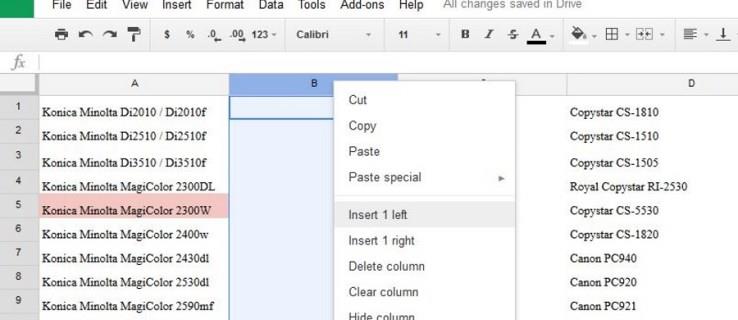
Everything is of a uniform size in an empty sheet but as soon as you begin entering data, all that changes. Being able to move, add, split and delete columns, rows and cells will make your life with Google Sheets a whole lot easier. Here’s how.
Add columns in Google Sheets
There are quite a few things that Google Sheets does better than Excel and one is giving you the choice as to where to add your column. Google Sheets let you choose whether to add to the left or to the right of the insertion point. It’s genius, yet so simple.
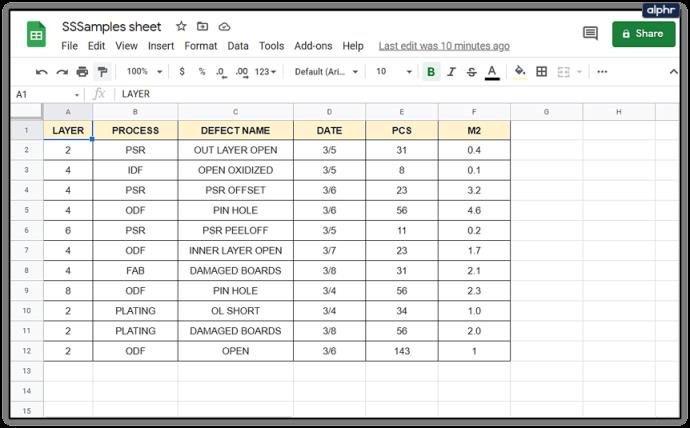
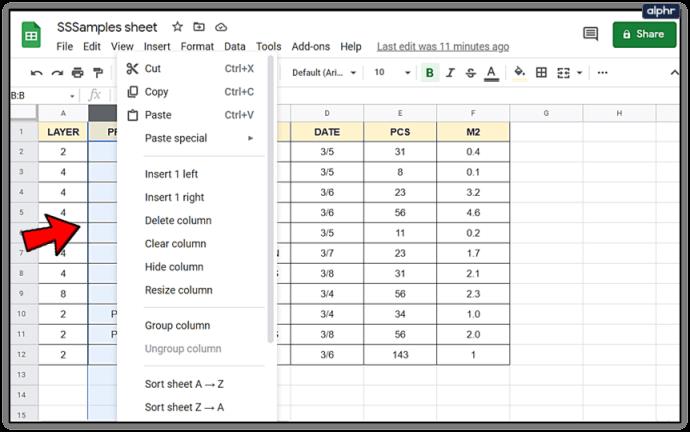
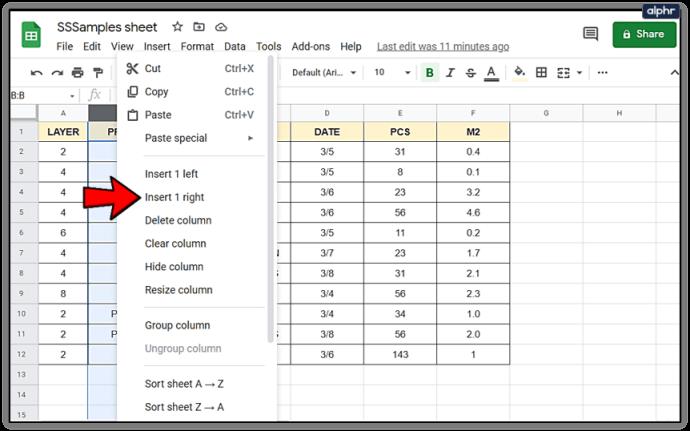
The new column will then be added on the side you selected. You can also use the Insert menu at the top to add columns but as you need to highlight the column you want to insert next to, it’s usually easier to just right click.
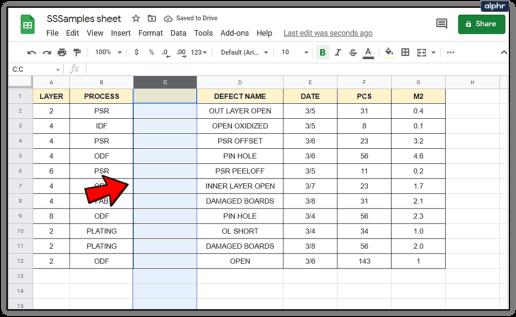
Split columns in Google Sheets
Splitting a column is useful for a variety of different purposes, but one of the most common is when you’re reformatting imported data. For example, say you imported an employee database with first and last names in the same column and need to split the two names into two columns. Here’s how you do it.
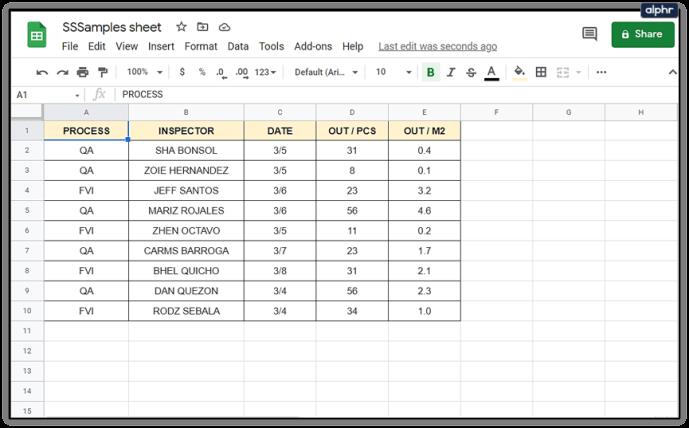
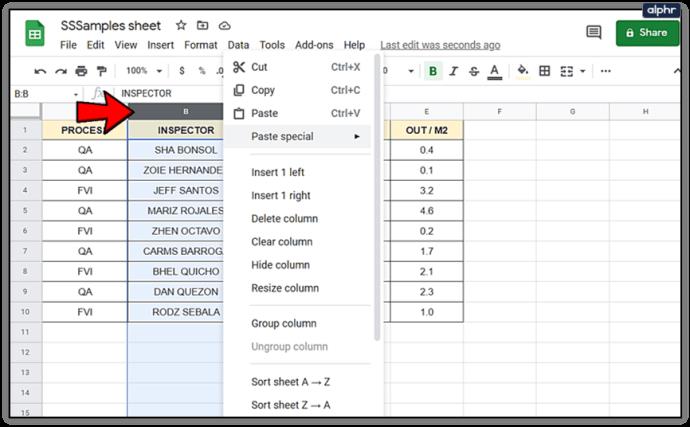
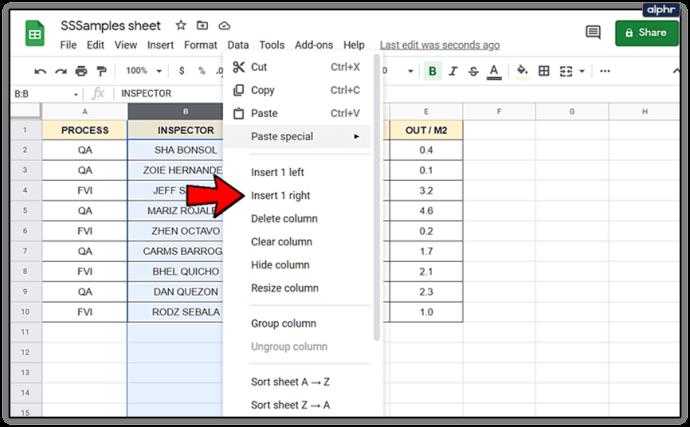
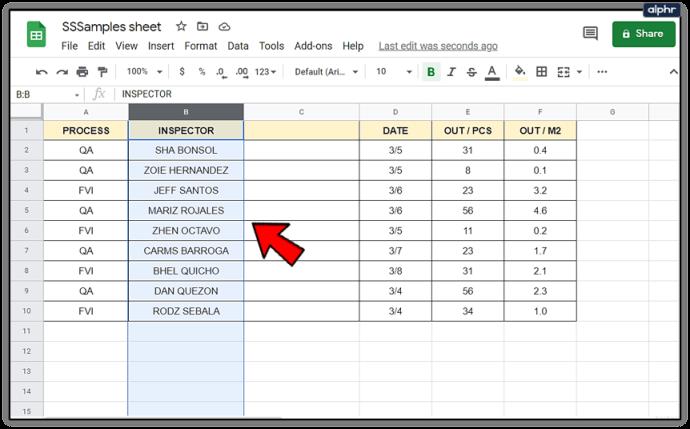
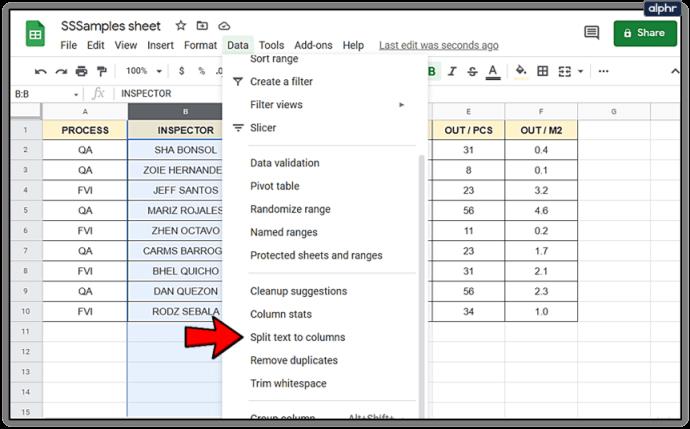
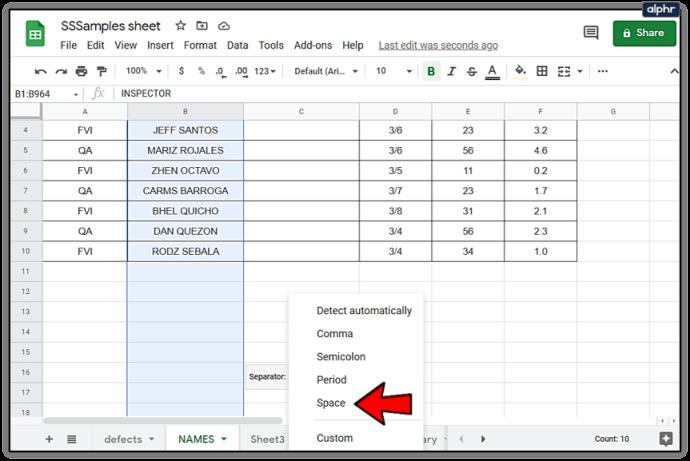
This splits the data in that column that is separated by a space. You can also select comma, semicolon, period or a custom character depending on how the data has been formatted. For example, if you had a column of combined category and part numbers where the format was ‘123-299193’, you could specify the dash character as the separator and divide the column into category and part number.
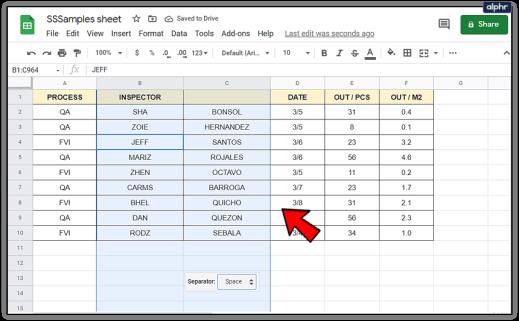
Add rows in Google Sheets
Adding rows is as straightforward as adding columns in Google Sheets. It uses exactly the same commands, but works horizontally instead of vertically.
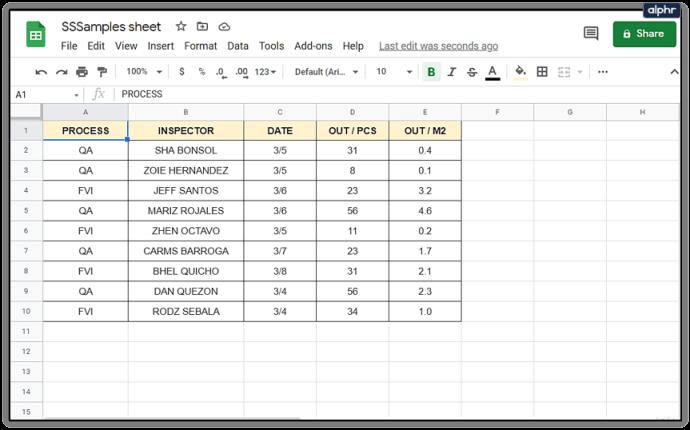
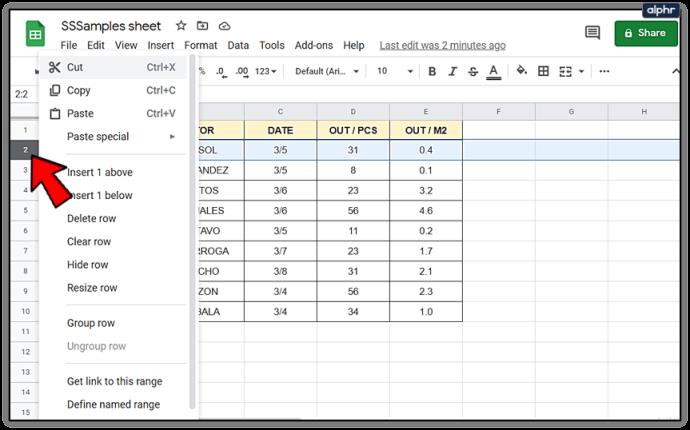
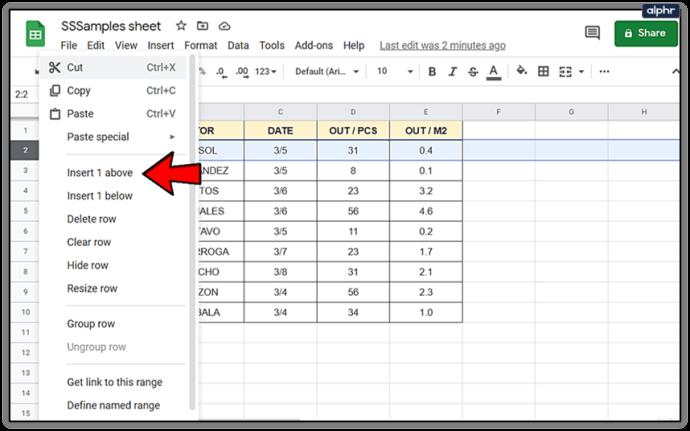
The new row will then appear in the position you specified. You can also use the Insert menu at the top to add rows but as you need to highlight the row you want to insert next to, it’s usually easier to just right click.
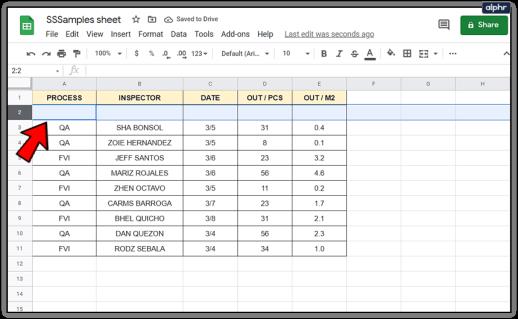
Move a row or column in Google Sheets
If you need to move a row or column into a new place on the spreadsheet, that’s easily accomplished.
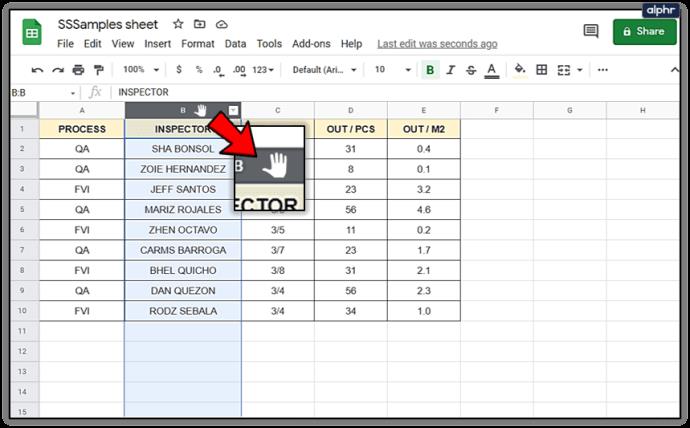
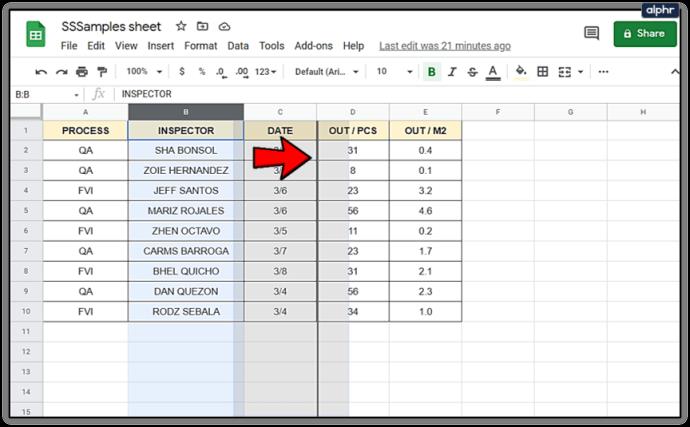
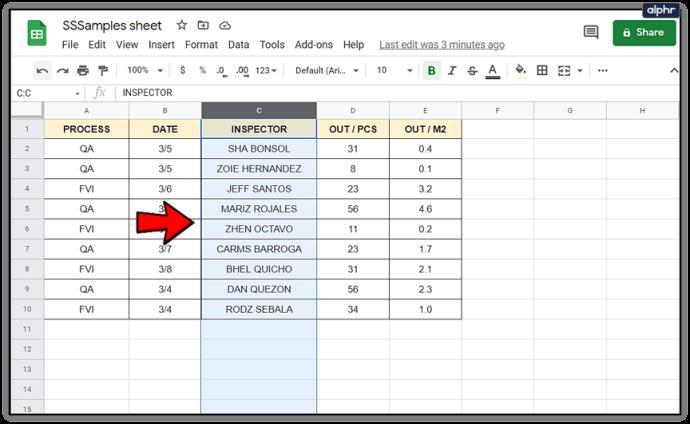
Resize a row or column in Google Sheets
Sometimes, the data contained within a cell is too large to be seen completely. You can either resize it or use wrap to display all text within those cells. Here’s how.
To resize a row or column:
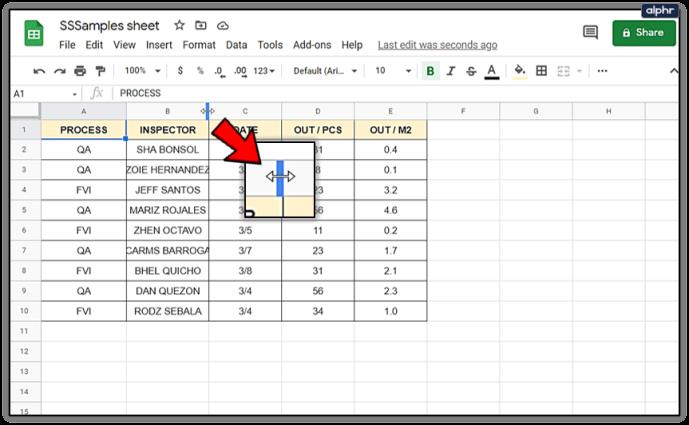
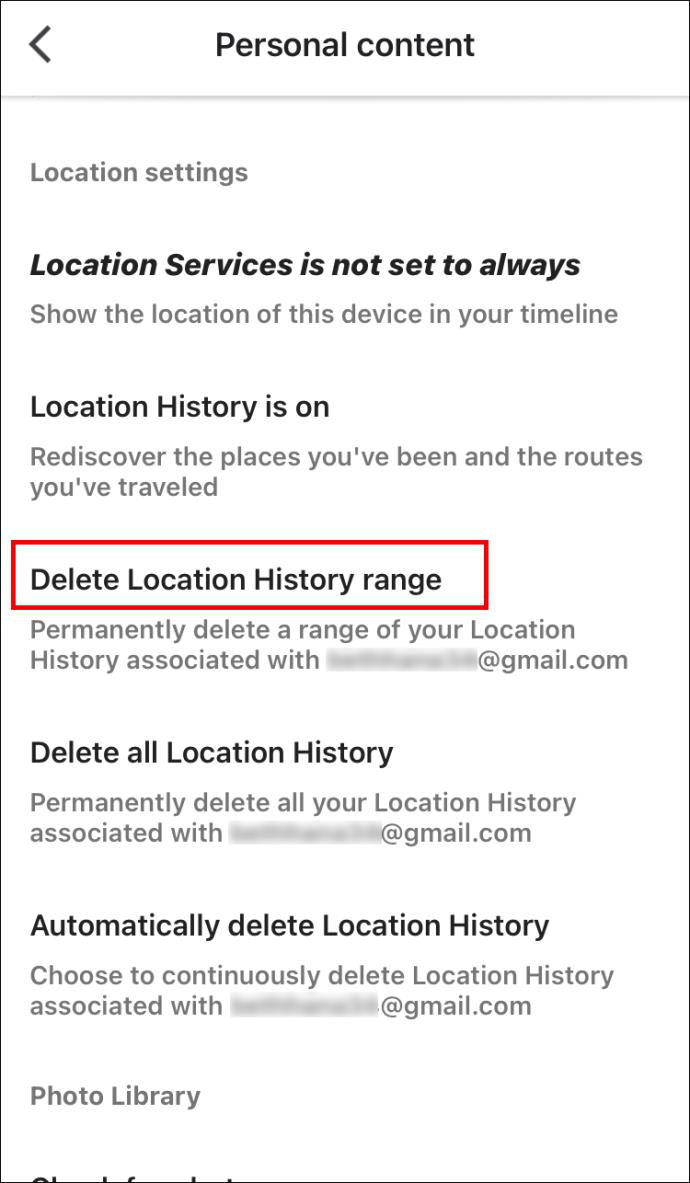
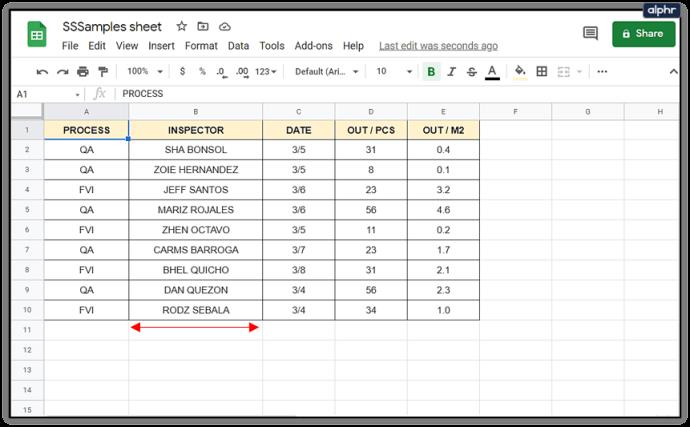
Sometimes resizing isn’t suitable or doesn’t work within a sheet design. In that case, you can use wrap text to squeeze a little more visibility into the cell.
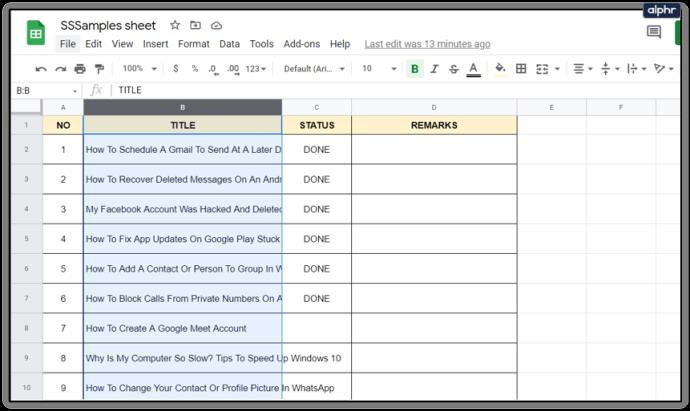
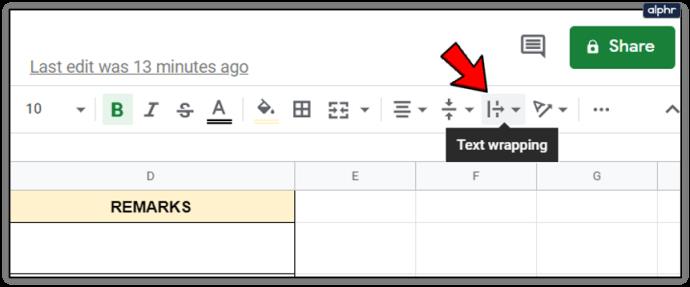
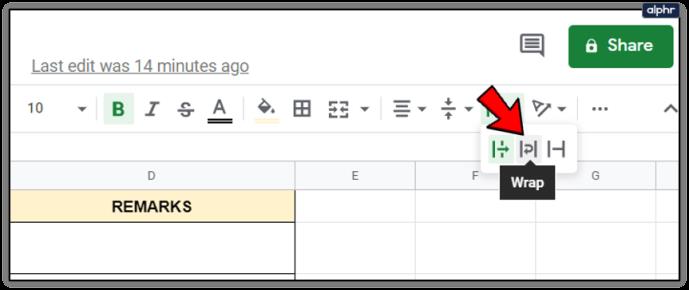
You can also use the Format menu and select Text wrapping to achieve the same goal, or right click on the row or column header and select “Resize”.
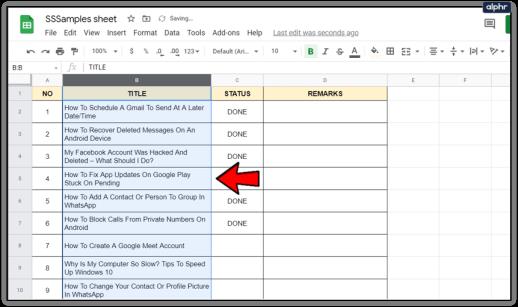
Delete a row or column in Google Sheets
Finally, one of the most common tasks in Google Sheets or any spreadsheet is deleting a column or row. Here’s how to do it.
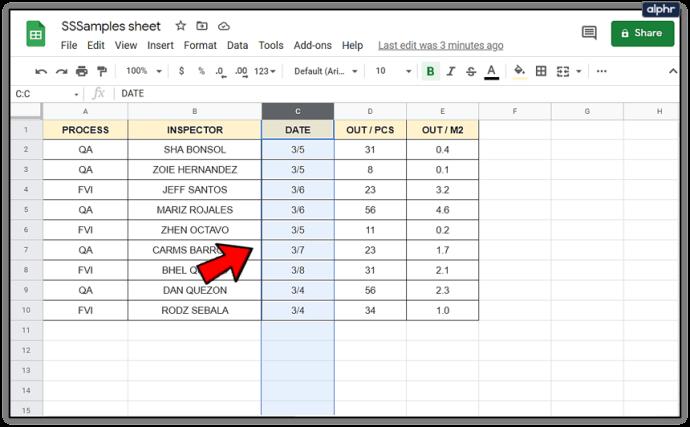
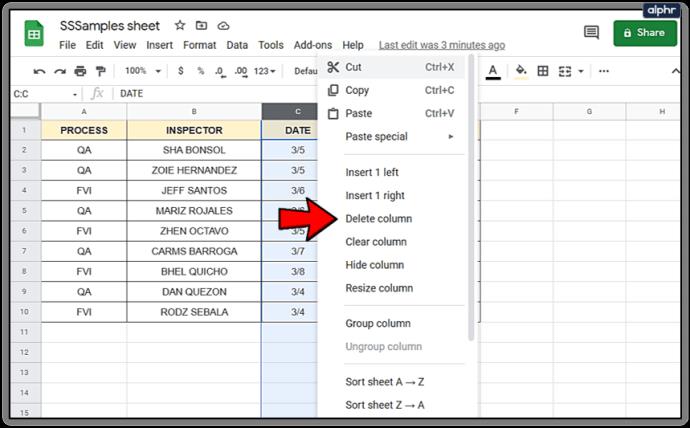
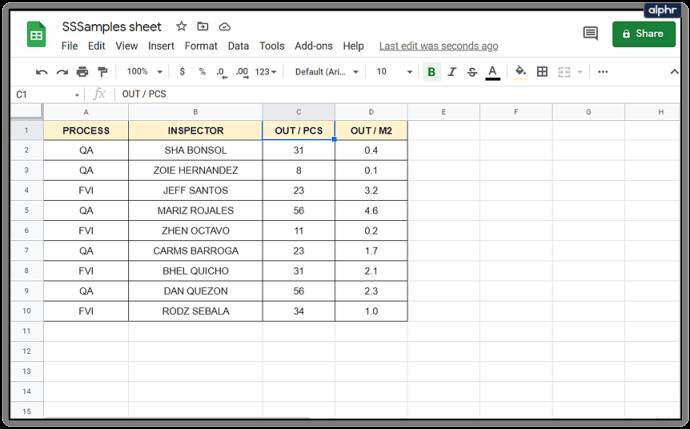
Rather than deleting, you can also hide rows and columns if that would work better. This can be done by selecting the row or column header and selecting “Hide”. This can be useful for hiding formula or other data from view while still displaying data derived from it.
Ways to find all video files on Windows, Can't find recorded and saved videos on PC. Below are ways to help you find all clips on Windows.
How to fix error 0xa00f4288 in the Camera app on Windows 10 & 11. Windows' default Camera App is the main tool for taking photos. So in the case of Win 10 & 11 cameras
How to open multiple programs with one shortcut on Windows 10, You can actually open multiple programs at the same time with a single key. Here's how to use one
How to remove old boot menu options on Windows, Windows 10 dual boot is useful but can leave redundant boot options in the menu. Here's how to remove the menu
Instructions for fixing Snipping Tool errors on Windows 11. Windows 11 has officially been released for a while, but during use there are still many errors
Instructions for entering text by voice on Windows 11, Entering text by voice on Windows 11 helps you significantly improve your work efficiency. Here's how
How to turn on/off Sticky Key on Windows 11, Sticky Key makes the PC keyboard easier to use. Here's how to turn Sticky Key on and off on Windows 11.
What is Windows Modules Installer?, Windows Modules Installer sometimes takes up a lot of system resources. Is Windows Modules Installer important or not?
How to increase volume in Windows 10, How to increase computer volume to maximum level? Let's learn with WebTech360 how to increase Windows 10 computer volume
How to use Windows 11 Installation Assistant to install Windows 11, Windows 11 Installation Assistant is one of the best ways to upgrade your computer to Windows 11.
How to turn off the startup sound in Windows 11, Does the PC startup sound bother you? Then please refer to how to turn off the startup sound for PC running Windows 11 below
Instructions for changing the screen lock timeout on Windows 11. While using Windows 11, there are times when users will need to leave the computer for a period of time.
Instructions for optimizing Windows 11 to help increase FPS when playing games, Windows 11 is an operating system platform that is introduced as more improved in gaming quality, helping games
Windows 11: How to use and customize the Quick Settings menu, Windows 11 brings some great new features and the Quick Settings menu is no exception. Here it is
How to fix the error of not being able to start Windows 11 after turning on Hyper-V. Hyper-V helps you run virtual machines on Windows. However, after enabling Hyper-V, you cannot post again
How to fix error 0xc00007b in Windows, Windows displays error 0xc00007b when the application does not work properly. Below is a step-by-step guide to fix error 0xc00007b in
How to change the login screen on Windows 10/11, Don't like the blurry screen when logging in on Windows 10/11? So, instructions on how to turn off and change the login screen
How to uninstall drivers in Windows 11, Do you want to remove unwanted drivers on Windows 11? Then please see instructions on how to remove drivers in Windows
How to fix No Internet Secured error on Windows 10, No Internet Secured is a common error on Windows 10. Below are simple ways to fix No Internet Secured error
How to fix the error of not being able to save an Excel file on Windows. If you can't save the Excel file, don't worry too much. Below are ways to fix the error of not being able to save the above Excel file
